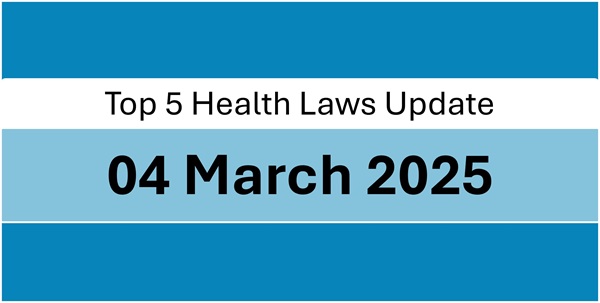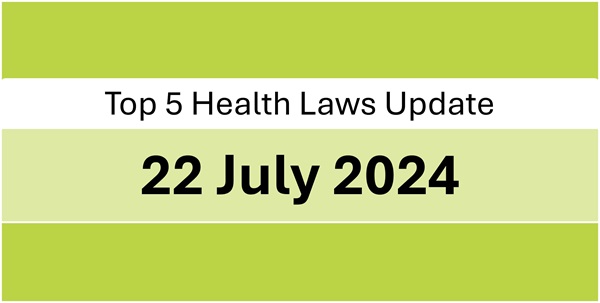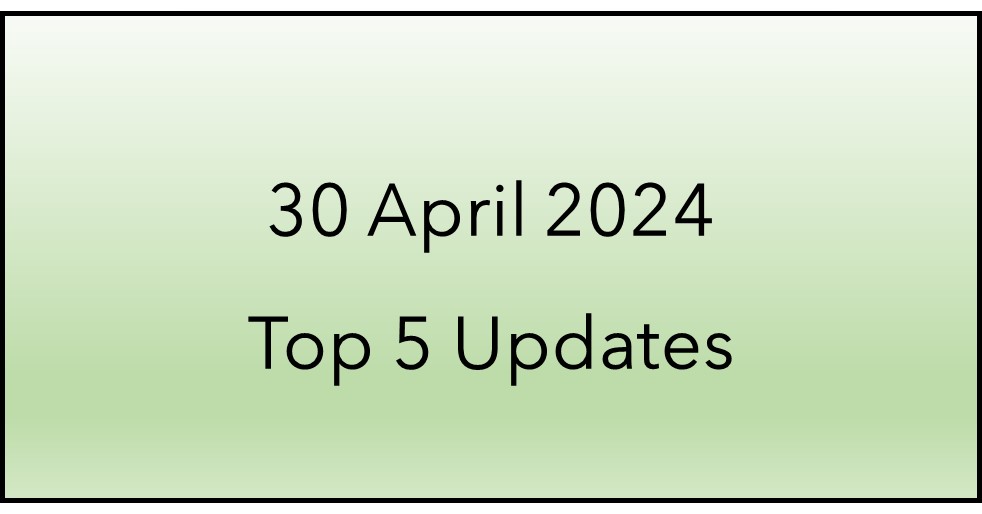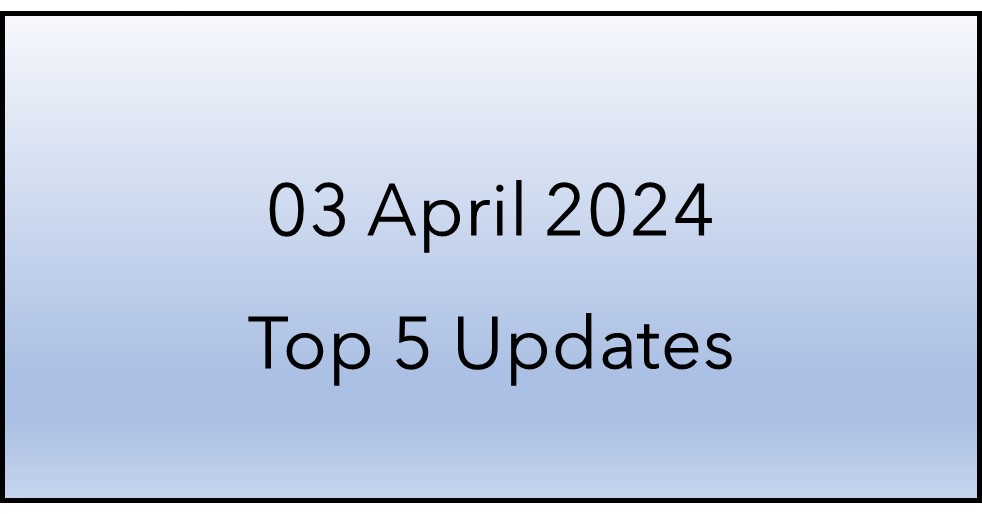Dear Reader, We are happy to share the most interesting legal and policy updates concerning health industry that we read today. We hope you enjoy reading it.
E-Commerce websites instructed to avoid marketing Milk/ cereal/ malt based drinks as “Energy Drinks”
India’s Food Standards Regulator (the Food Safety Standards Authority of India) has issued an advisory to e-commerce websites, requiring them to ensure that proprietary foods, i.e. foods that are not categorized under the Food Standards Regulations, specifically those currently registered as analogues to milk/ cereal/ malt based beverage, should not be advertised as “Health Drink”/ “Energy Drink”, as only carbonated/ non-carbonated water-based flavoured drinks are regulated as “Health Drink” and “Energy Drink”.
Source: bit.ly/3xlfzvD
Drug Price Regulator may examine prevalent drug substitution and discounting prices offered by major drug retail stores in India
The Indian Central Drugs Regulator (CDSCO) has reportedly requested the Central Drugs Price Regulatory Body (NPPA) to investigate drug substitution and discounting practices of a major pharmacy chain on the basis a complaint raised by State Chemists and Druggists’ Association of the State of Karnataka (KCDA). In its complaint, the KCDA has alleged that the major pharmacy chain has been deliberately undercutting prices, sustained by substitution of prescribed drugs with other cheaper but identical formulations and unreasonably increasing its profit margins, which is currently violative of regulations applicable to pharmacists, as well as pricing norms of drugs.
Source: bit.ly/4cJSJOg
Vaccine manufacturers may have to provide manufacturing and sales data to government soon
The advisory body to India’s Central Drugs Regulator, the Drugs Consultative Committee, has requested various State-level Drug Licensing Authorities to ensure submission of details of the manufacture and sale of vaccines within the states to the Central Drugs regulator (Central Drugs Standards Control Organization), for the purpose of meeting obligation for the Global Benchmarking of Vaccines of the World Health Organization.
Source: bit.ly/3PJkAEw
Major Ayurvedic Medicine manufacturer may be on hook for contempt of court after Supreme Court rejects its apology for publishing misleading advertisements
In its ongoing proceedings against a major Ayurvedic medicine manufacturer for publication of misleading advertisements in contravention of undertaking given by it to the Supreme Court, the Court has refused to accept the apology which was tendered by the manufacturer, and rejected submissions of the manufacturer that: (1) The restriction on advertisement under the Drugs and Magic Remedies (Objectionable Advertisements) Act, 1954 is archaic and may be relaxed since the manufacturer now has scientific data to back its claims, and (2) that the manufacturer should not be held liable for an advertisement issued by an independent marketing department.
Source: bit.ly/4akJen5
Australia updates Medical Device Recall Procedure
The Australian Therapeutics Goods Administration, which regulates medical devices at the central level in the country, has published a revised version of the Uniform Recall Procedure for Therapeutic Goods (URPTG), which relaxes regulatory burden of importers and manufacturers of medical devices. The revised URPTG provides additional clarity on procedure for immediate recall, clarifying timing of release of recall information by the regulator, modifying Customer Response Forms, and eases the filing requirements under the law by making all templates for recall action publicly available on the website of regulator.
Source: bit.ly/3TAZJEo




